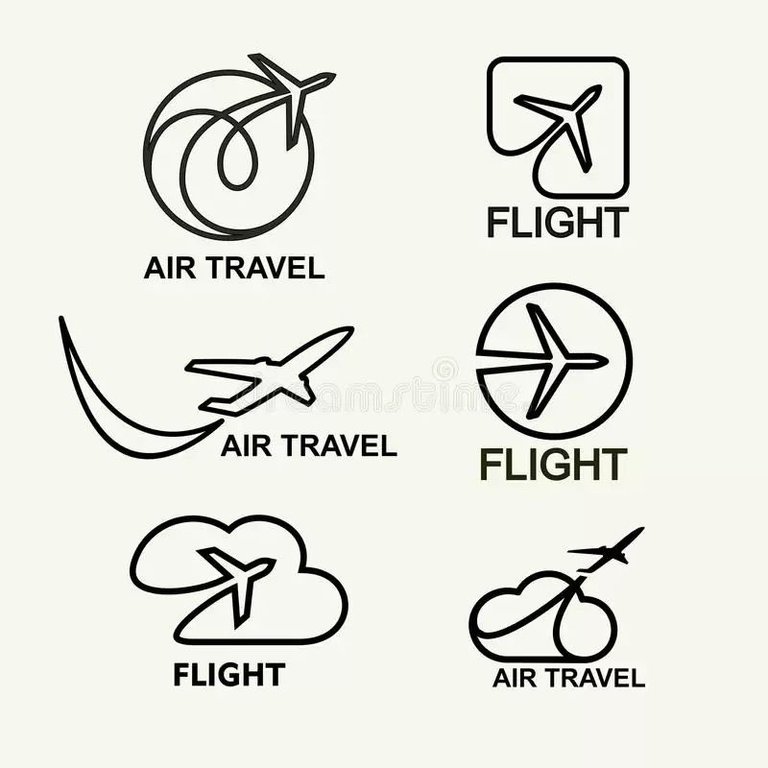BEYOND THE BUZZ: THE POTENTIAL OF BLOCKCHAIN TECHNOLOGY FOR AIRLINES
Blockchain technology can create new efficiencies and services models for airlines.
Overview
Blockchain technology has captured the imagination of companies across industries, including airlines. Using robust cryptographic techniques and a distributed messaging protocol, it creates shared ledgers that decentralize reconciliation-based processes.
Unlike traditional data technology, blockchain technologies are consistent and durable, shared and mutualized, and protected at the data element level. So how can airlines cut through the buzz and use this technology to change the way they do business?
More than currency
They can start by moving past common misperceptions. Not surprisingly, the uninitiated confuse blockchain with Bitcoin. The reality, however, is that the blockchain is the technology of Bitcoin, without the coin. It is capability, not currency.
Blockchain technology elegantly transfers and tokenizes value. Expanding the definition of value shows how many ways the blockchain can be applied. There is the exchange of direct financial value. However, there is also the exchange of indirect financial value—the business, operational and customer experience value that comes from moving data across an enterprise or ecosystem.
Background
The perfect match
The characteristics of the airline industry—and also the broader travel industry—align very well with the capabilities of the blockchain.
Data sharing among multiple actors and touchpoints powers the travel journey. From booking to arrival, players can include airlines, online travel platforms, card providers, airports, immigration, government, hotels, car rental agencies and more.
Each actor requires, collects, stores and often shares traveler and operational information. In fact, a web of complex and seemingly endless data reconciliation is happening behind the scenes of every touchpoint of every traveler’s trip.
With so many systems in play—airlines alone house data in many isolated systems from passenger service to crew management—data exchange is not always smooth. And in the airlines industry, not only are operational integrity and revenue generation at stake when something goes wrong, but so is safety and security.
Analysis
Possibility takes flight
It’s easy to see why using blockchain technology for enhanced reconciliation and data sharing is a compelling value proposition for this industry. The most creative and disruptive possibilities go beyond pure financial transactions. Consider the following:
Ticketing. An e-ticket is, in essence, a database entry—information that would have been printed on a paper ticket dematerialized, stored in and called up from a massive database. The blockchain can tokenize this asset and further dematerialize it. Through the use of smart contracts associated with the asset, airlines can add business logic and terms and conditions around how the ticket is sold and used. This opens the door for tickets to be sold by different partners, and in real time, from anywhere in the world.
Loyalty. Loyalty is big business in air travel. In traditional loyalty points schemes, travelers often have to wait until points settle and accrue to use them, and they are limited on where they can spend them. By tokenizing loyalty points on the blockchain, travelers can get instant value by redeeming them on the spot. They can also use them more broadly through a specific user community of partners. Think of it as a marketplace or exchange model. With points accepted as “currency” among more providers, travelers get an easier and faster-to-use program that is more relevant to their personal preferences.
Security and identity. Protecting data privacy is a clear issue when it comes to passenger records, flight manifests and crew information. Not to mention the security implications that are in play today’s world if this data is not properly protected. Blockchain technology with a security wrapper creates a very different and less risky way of managing and sharing this information through the use of authorized access requirements.
Maintenance. Blockchain technology can transform maintenance logs, which at best are in cumbersome databases and, at worst, are in paper binders. The blockchain can help the industry ensure that parts procured are legitimate and can offer a “virtual copy” immutable record of the provenance of every part on the plane, every time it has been handled and by whom, from the beginning of the aircraft’s existence. This visibility is profound, and can take the practice of maintenance, safety and aircraft security to new levels.
Recommendations
Unlocking the blockchain
Excitement for blockchain technology is justified in airlines. Even so, airlines must approach the blockchain evolution judiciously. Managing data cannot simply become: “Let’s stick it on the chain.” The best way to assess the viability of the blockchain for data management needs is by asking—and answering yes—to the following questions:
Multiple validation and control points. Are there many validation and control points?
Multiple actors. Are there multiple actors consuming the data?
Reconciliation. Does the data need to be reconciled?
Auditability. Is visibility into full chain of custody non-negotiable?
Data quality and lineage. Must data quality and lineage be tracked from day one?
Blockchain technology will continue to take flight in airlines over the next decade. Use cases not even conceived of today will become everyday, reducing complexity and costs while improving the travel journey with real-time travel experiences.
